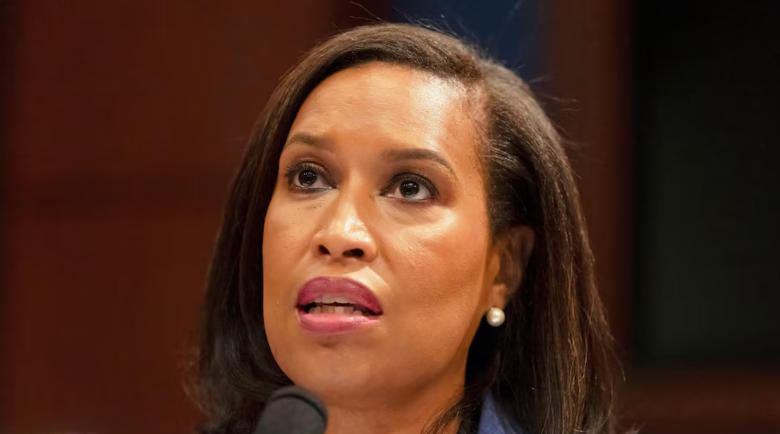Washington, D.C., Mayor Muriel Bowser is now at the center of a reported Department of Justice corruption probe after revelations surfaced about a lavish, Qatar-funded flight to Doha in 2023—an international trip with a growing number of red flags and far too few answers.
According to reports, the Qatari government covered over $61,000 in travel expenses for Bowser and four of her staffers. The stated purpose? Economic development and investment promotion. After their Qatar excursion, the mayor’s team traveled on to Dubai to attend a climate change conference—raising more questions about the nature, necessity, and transparency of these publicly consequential international jaunts.
The mayor’s office has denied any wrongdoing and says it hasn’t been notified of a formal investigation. Officials maintain that “all proper paperwork” is on file and describe the trip as standard business outreach, claiming such travel has brought “investment, infrastructure, new business, new grocery stores, growth, and jobs” to the city. But that’s a long list of vague benefits with very little accountability attached.
Here’s the problem: local investigative reporters at WJLA found no official documentation that the Qatari-funded trip had been disclosed properly. In fact, Bowser’s office initially claimed the trip was paid for by the D.C. Chamber of Commerce, then pivoted to say the U.S. Conference of Mayors footed the bill. Only after WJLA obtained documents through a public records request did the real source—Qatar—emerge.
That’s not just a clerical error. That’s a pattern of obfuscation.
Under D.C. law, any donation—including covered travel expenses from a foreign government—requires a formal agreement on record. The absence of such documentation, combined with conflicting public statements, opens the door to the very kind of ethical and legal scrutiny the DOJ is reportedly now pursuing.
And this isn’t a first offense. WJLA uncovered that Bowser’s office has a consistent track record of poor documentation regarding travel—domestic and international. These aren’t minor oversights; they speak to a broader issue of accountability and transparency in city leadership.
While the mayor’s office insists this was just routine outreach, the layers of misdirection are enough to raise serious concerns. Who approved the funding? What deals, if any, were discussed behind closed doors? And why did the explanation change more than once before the public got the truth?
Mayor Bowser may still be holding the line publicly—but behind the scenes, the foundation is showing cracks. And with the Department of Justice reportedly paying attention, the questions aren’t going away anytime soon.


